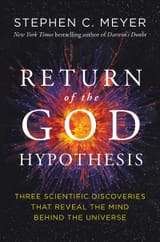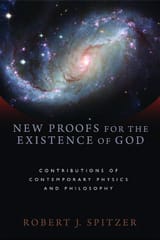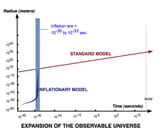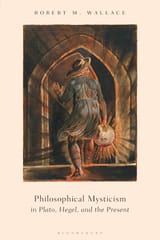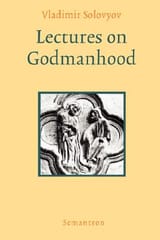>>24508649We all from time to time experience periods of distraction, absence of mind, or depression, in which we aren’t fully present as ourselves. Considering these periods from a vantage point at which we are fully present and functioning as ourselves, we can see what Plato means by saying that some non-illusory things are more real than other non-illusory things. There are times when we ourselves are more real as ourselves than we are at other times.
Indeed, we can see nature as a whole as illustrating this issue of how fully integrated and “real as itself ” a being can be. Plants are more integrated than rocks, in that they’re able to process nutrients and reproduce themselves, and thus they’re less at the mercy of their environment. So we could say that plants are more effectively focused on being themselves than rocks are, and in that sense they’re more real as themselves. Rocks may be less vulnerable than plants are, but what’s the use of invulnerability if what’s invulnerable isn’t you?
Animals, in turn, are more integrated than plants are, in that animals’ senses allow them to learn about their environment and navigate through it in ways that plants can’t. So animals are still more effectively focused on being themselves than plants are, and thus more real as themselves.
Humans, in turn, can be more effectively focused on being themselves than many animals are, insofar as humans can determine for themselves what’s good, rather than having this be determined for them by their genetic heritage and their environment. Nutrition and reproduction, motility and sensation, and a thinking pursuit of the Good each bring into being a more intensive reality as oneself than is present without them.
Now, what all of this has to do with the Forms and their supposedly greater reality than our sense experience is that it’s by virtue of its pursuit of knowledge of what’s really good, that the rational part of the soul distinguishes itself from the soul’s appetites and anger and so forth. The Form of the Good is the embodiment of what’s really good. So pursuing knowledge of the Form of the Good is what enables the rational part of the soul to govern us, and thus makes us fully present, fully real, as ourselves. In this way, the Form of the Good is a precondition of our being fully real, as ourselves.
But presumably something that’s a precondition of our being fully real must be at least as real as we are when we are fully real. It’s at least as real as we are, because we can’t deny its reality without denying our own functioning as creatures who are guided by it or are trying to be guided by it.13 And since it’s at least as real as we are, it’s more (fully) real than the material things that aren’t guided by it and thus aren’t real as themselves.
Pic also relevant for an evolutionary account that builds on Hegel's insights on history.
